It’s easy to see the appeal of investing in firearms. But unfortunately, as many gun owners know, doing so comes at the cost of several risks and disadvantages. It’s important to do your research and understand these drawbacks before committing to a purchase. To help you with that process, we’ll look at 18 reasons why investing in guns can be a terrible idea.
Legal Risks
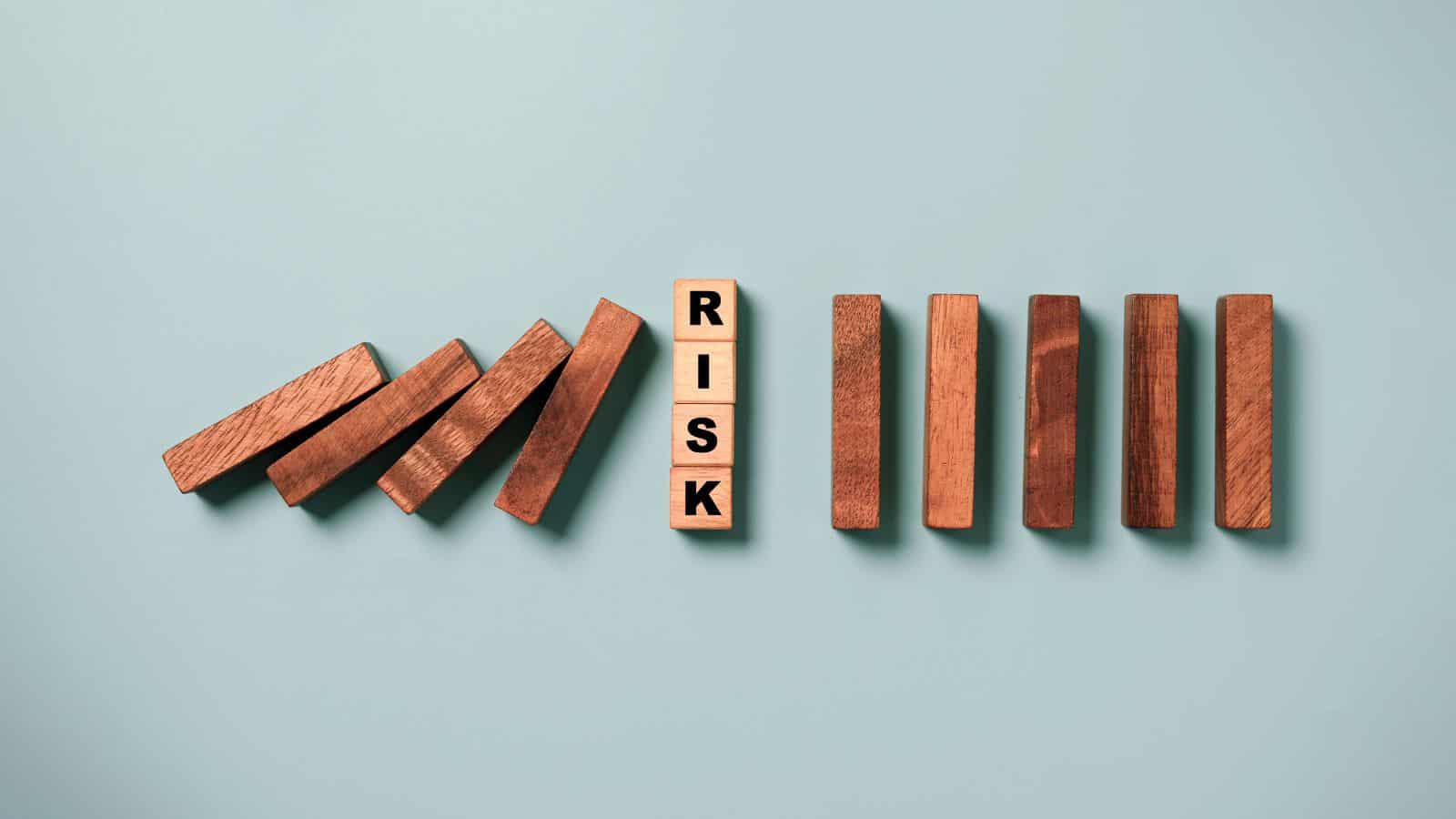
The law doesn’t make it easy to own firearms without running into trouble. As noted by CNBC, regulations vary widely and can change over time, making it risky and stressful to invest in guns. The debate around the ethics of gun ownership won’t die down any time soon, so legal compliance could become even more challenging and costly in the future.
High Depreciation Rate

Like many things you can buy, firearms can quickly lose their value after you’ve bought them. While some collectibles and assets appreciate over time, guns are far more likely to depreciate, leading to a big loss on initial investment. As soon as your gun leaves the store, its value can drop significantly, similar to driving a new car off the lot.
Safety Concerns
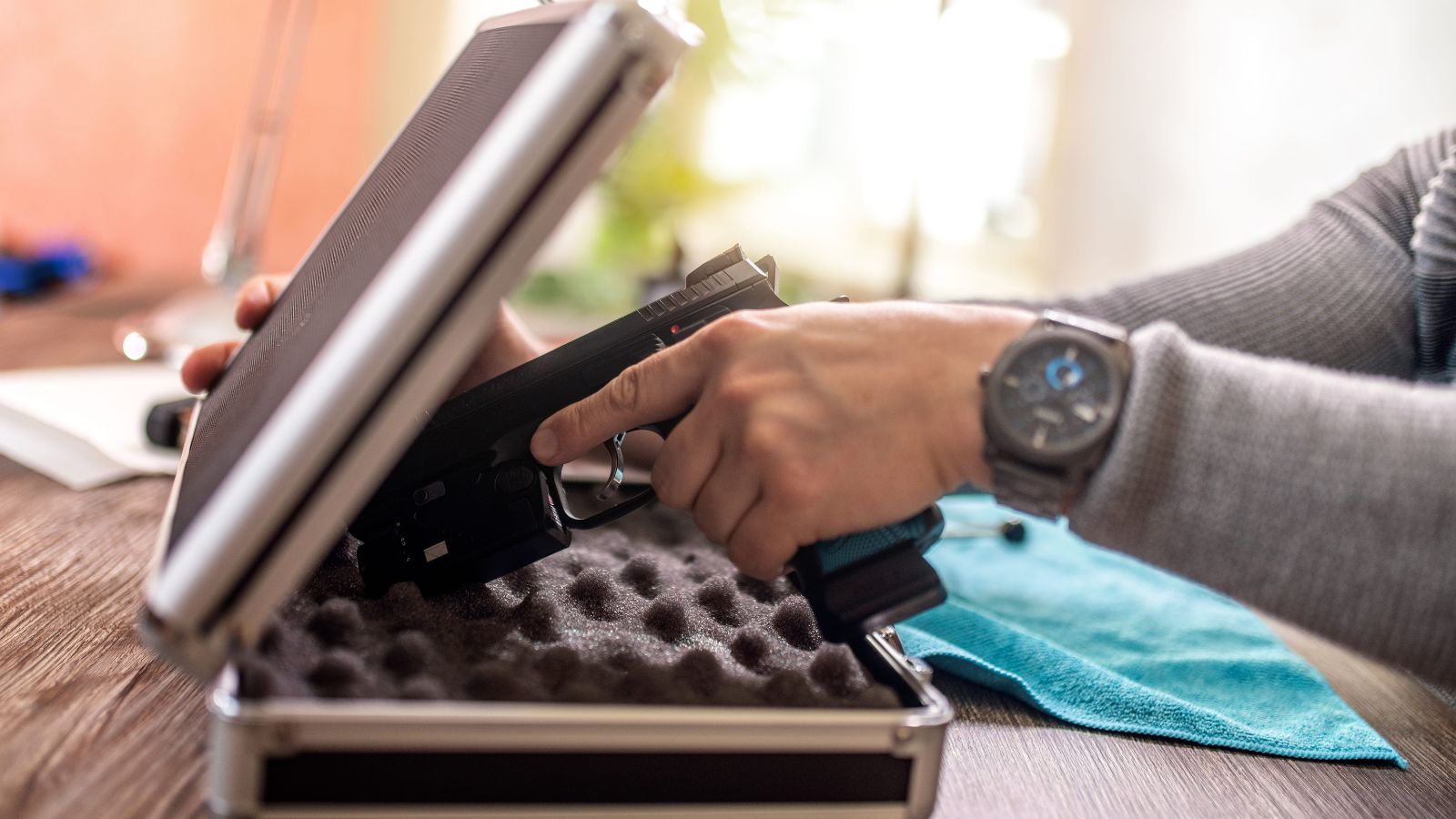
As we all know, guns pose inherent safety risks. Accidental discharges, improper handling, and storage problems can lead to severe injuries that could even be fatal in some cases, making them a dangerous investment. If you have kids or inexperienced gun users in the home, the risk of tragic accidents becomes even more pressing.
Maintenance Requirements
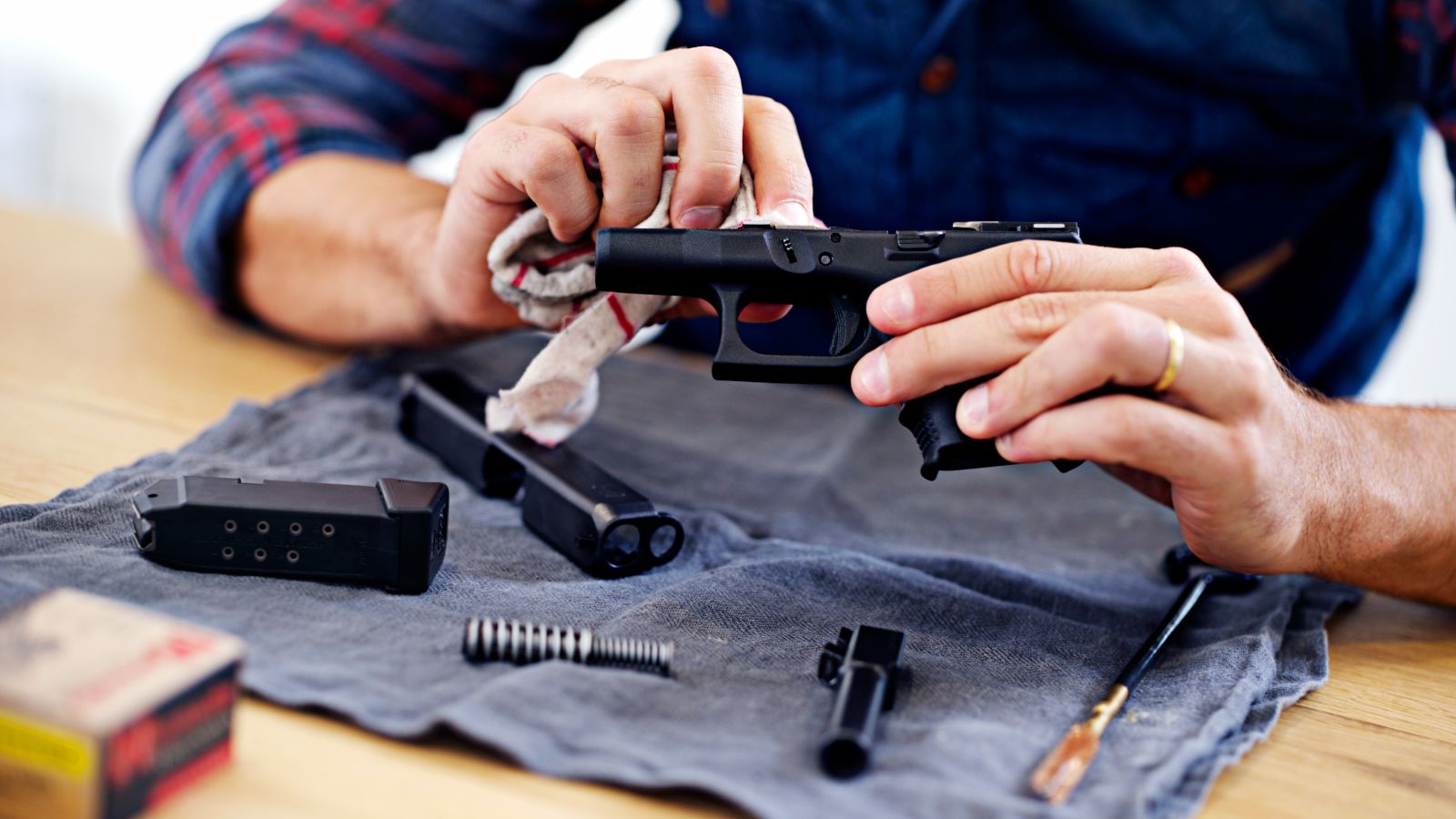
Guns need regular upkeep to stay in good shape. This means cleaning, repairs, and part replacements, which all take time and money. Unlike low-effort investments, guns demand ongoing care to maintain their functionality and value.
Environmental Impact

Making and disposing of guns has environmental consequences. The ethical and ecological aspects of investing in guns can be significant, influencing your decision-making and values. The environmental footprint of gun production and the potential harm to ecosystems from improper disposal are important factors to consider.
Ethical Issues
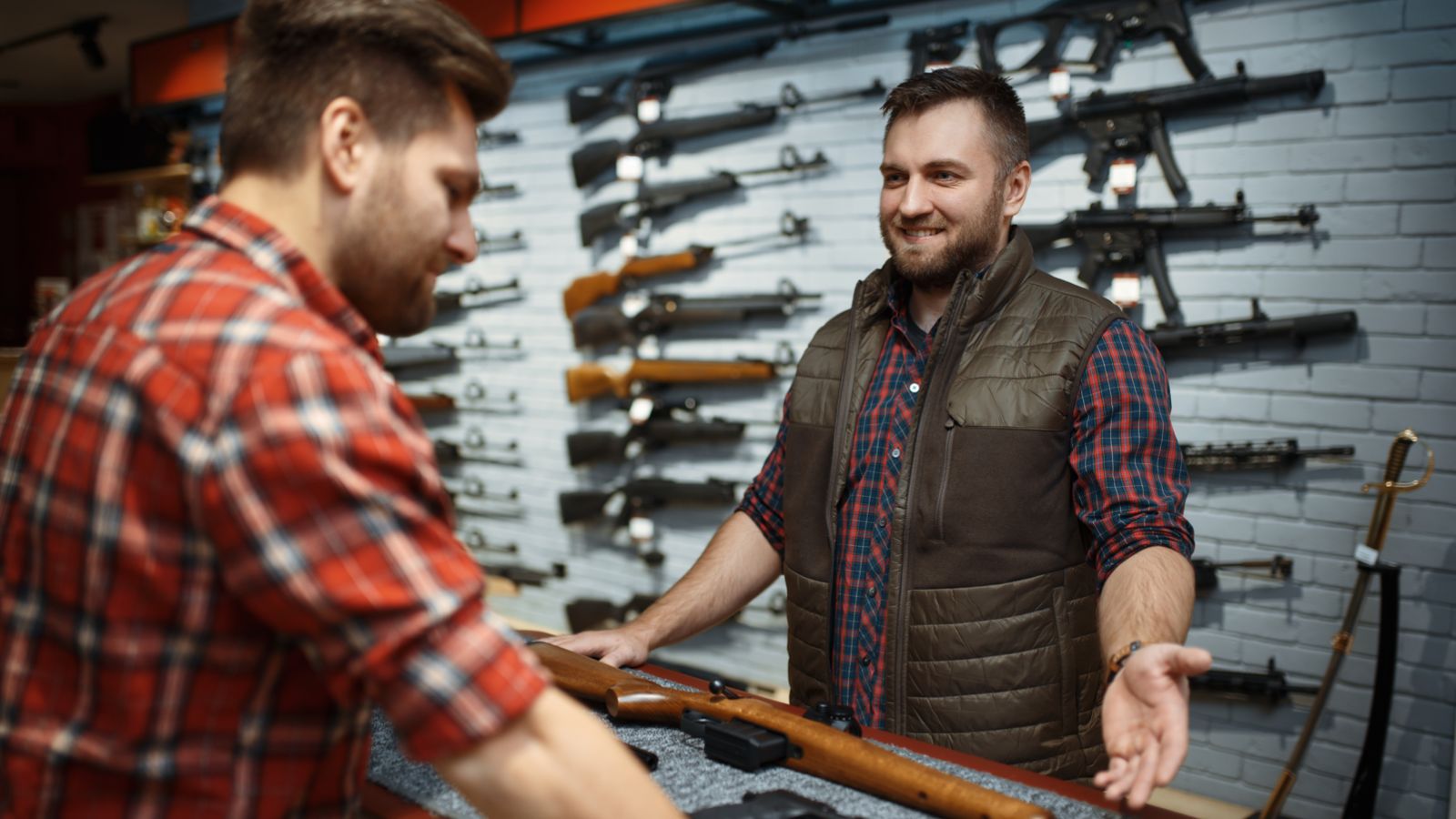
Many people see investing in guns as a moral dilemma. Some feel uneasy about making money off weapons linked to violence, while others worry about the increased potential for harm and accidents. This discomfort can strain social relationships and hurt your reputation, making gun investments a tricky ethical choice.
Limited Market
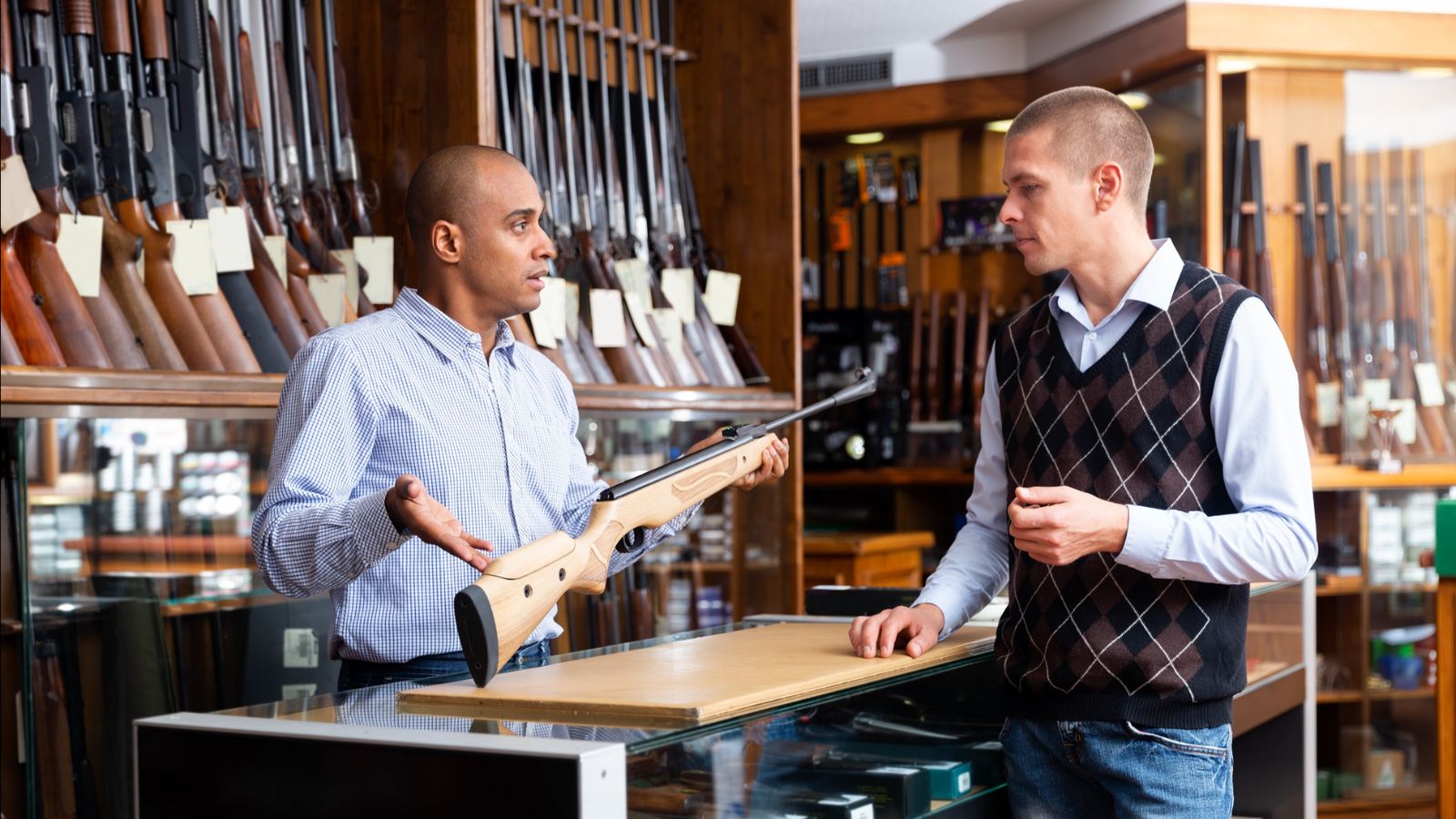
It’s harder to buy and sell guns than you may think. Only certain people can legally buy them, and not everyone is interested. This makes it harder to sell guns quickly or make a profit, unlike other investments with a wider audience.
Storage Costs
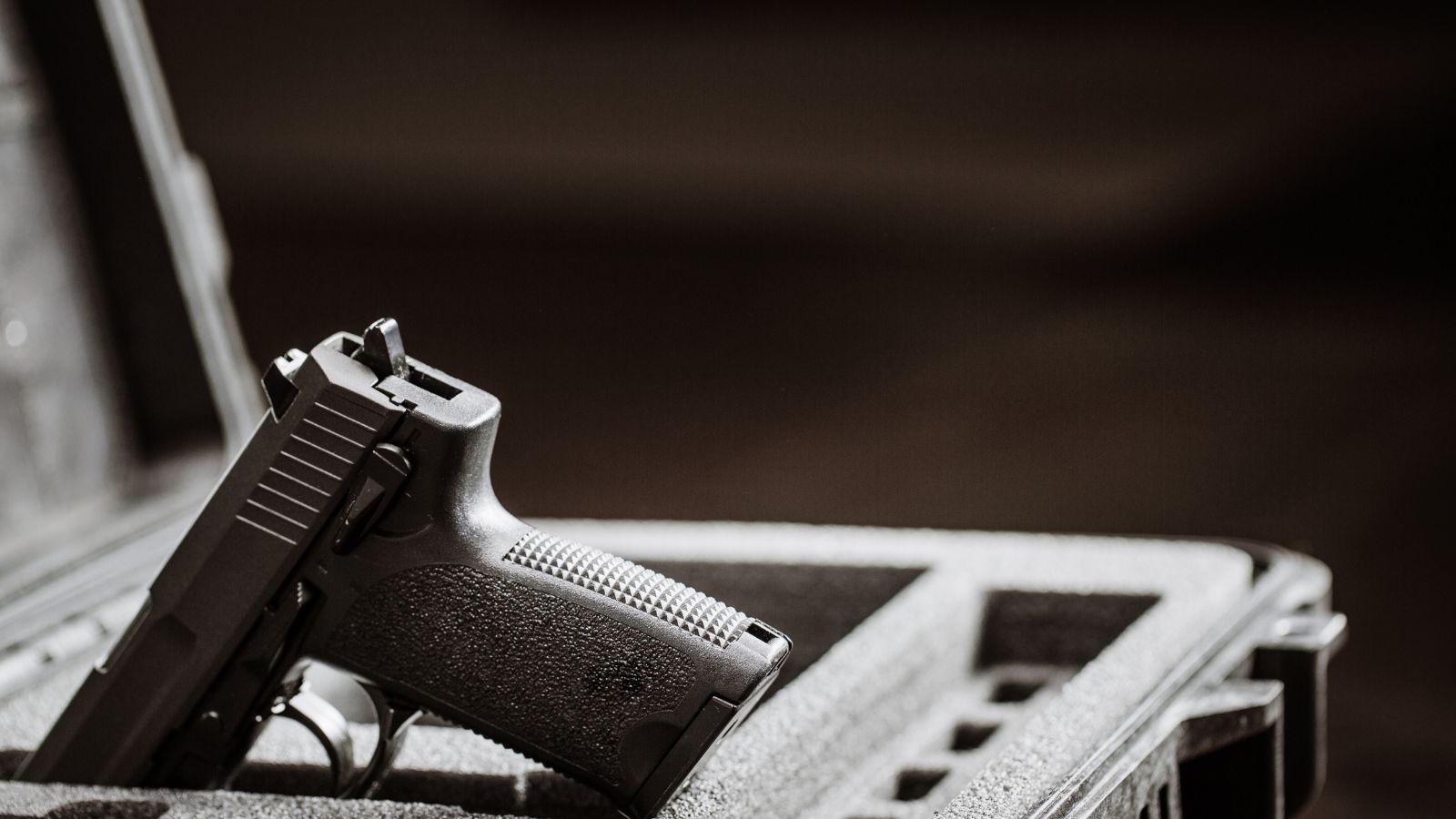
Storing guns properly isn’t cheap. You need secure safes, locks, and sometimes climate control, which all add up. Skipping these can lower the guns’ value and increase safety risks, making storage a significant investment cost.
Volatile Market Prices

Gun prices can swing wildly due to politics, laws, and demand. This unpredictability makes it hard to know what your guns will be worth in the future. If the market takes a downturn, you could face big financial losses.
Lack of Income Generation

Unlike stocks, bonds, or rental properties, guns don’t bring in any passive income. They don’t pay dividends or rent; you only make money if you sell them later. This lack of regular financial benefit makes them less appealing compared to other investments.
High Entry Costs

Buying quality guns can be pricey. The initial cost can be a hurdle for many people, limiting how much they can diversify their investment portfolio. High upfront expenses mean tying up a lot of money in something that doesn’t generate regular income.
Risk of Theft
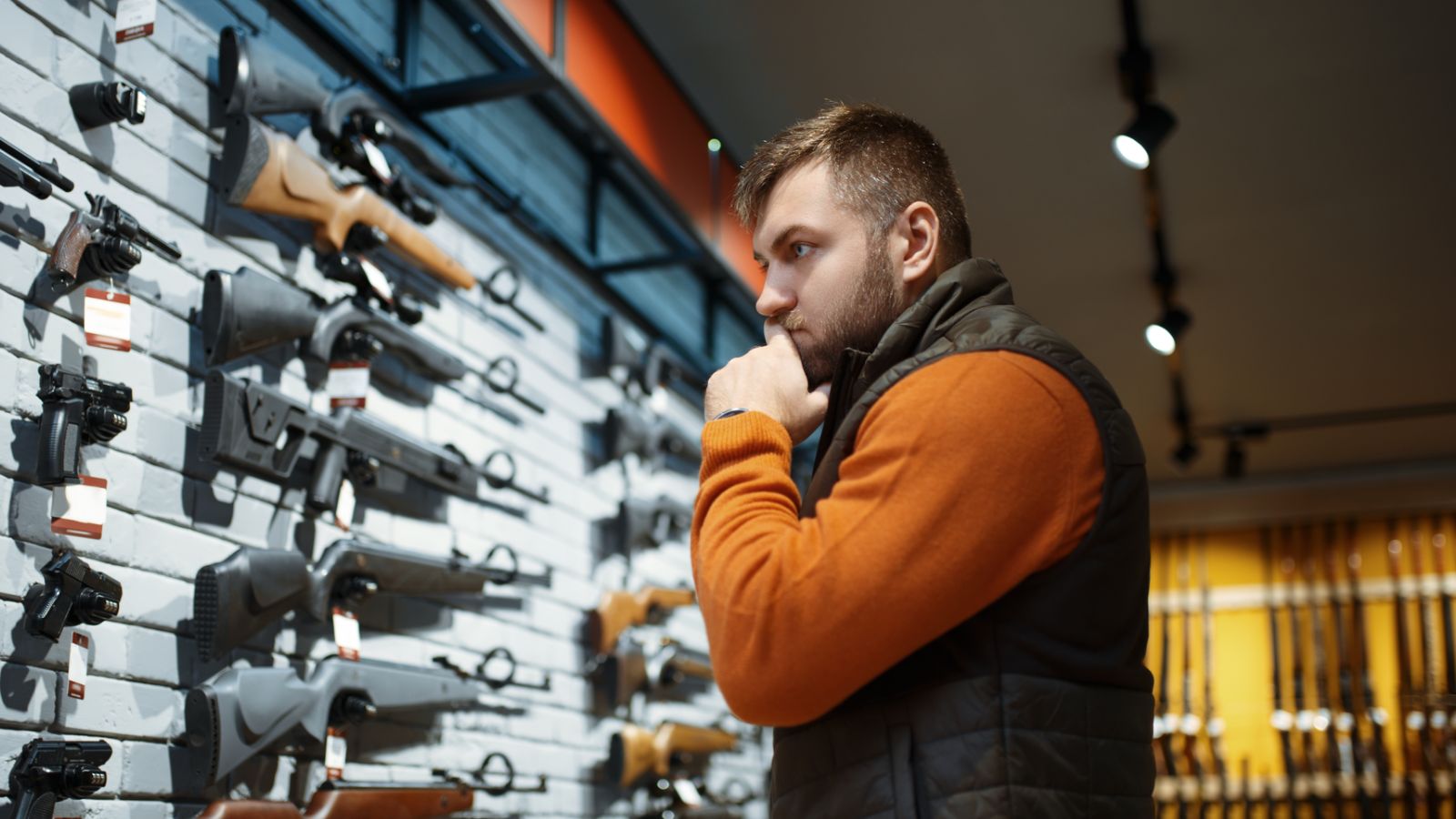
Guns are attractive to thieves. Stolen guns contribute to crime, and owners can face significant financial and legal problems, making them a risky investment. The threat of burglary and the responsibility of preventing theft add to the overall hassle of owning guns.
Insurance Expenses

The costs associated with gun ownership don’t end when you leave the store. You often need specialized policies, adding to the overall expense and reducing the net profit of owning and investing in guns. Insurance premiums can be high, especially for large collections, further cutting into any potential returns from the investment.
Emotional Impact
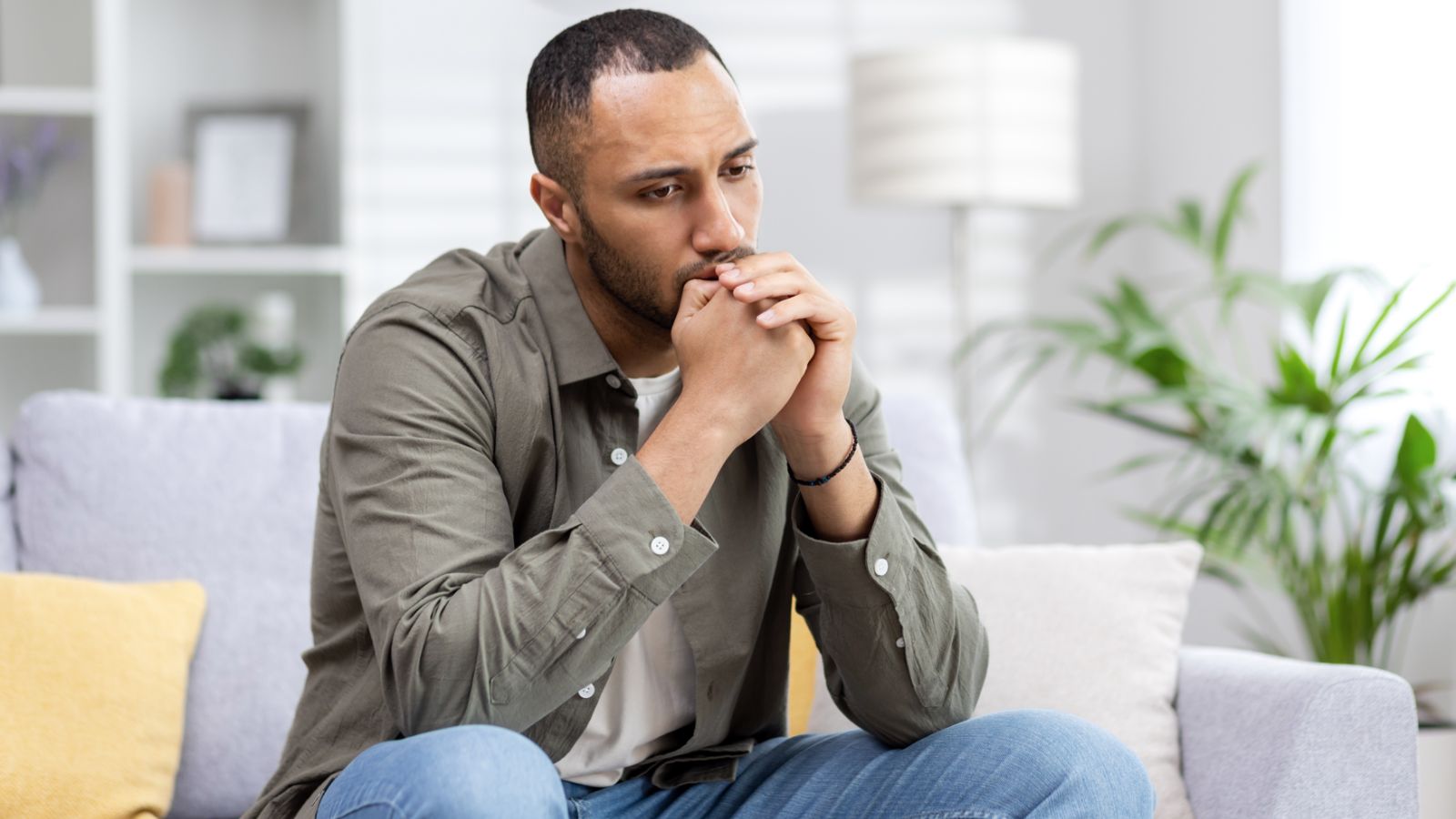
Many gun owners will tell you that owning firearms can cause significant emotional stress. The fear of accidents, theft, or misuse by others can weigh heavily on gun owners. This ongoing anxiety can affect your peace of mind, making the investment less enjoyable or worthwhile.
Negative Public Perception

Sadly, a lot of people have a pretty negative opinion of gun owners. Associating with firearms may lead to social stigma or professional drawbacks, affecting your personal and business relationships. Societal judgment and potential exclusion from certain social circles can be a major downside to investing in guns.
Liability Issues
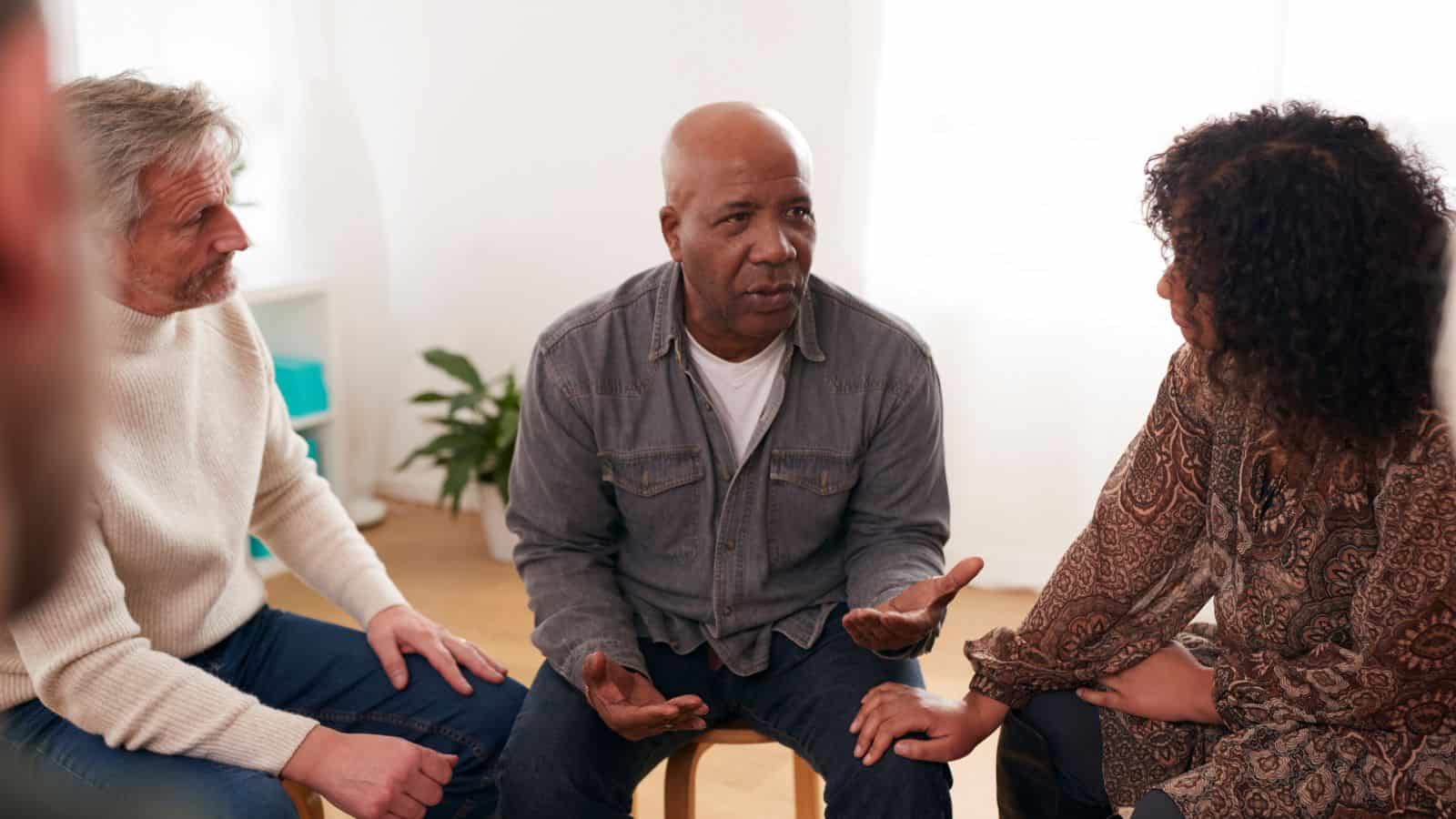
Gun owners can be held responsible for accidents or crimes involving their guns. Legal battles and compensation claims can arise, leading to financial strain and personal distress. The potential for costly legal issues and the emotional toll of being involved in such cases make guns a risky investment.
Limited Appreciation Potential
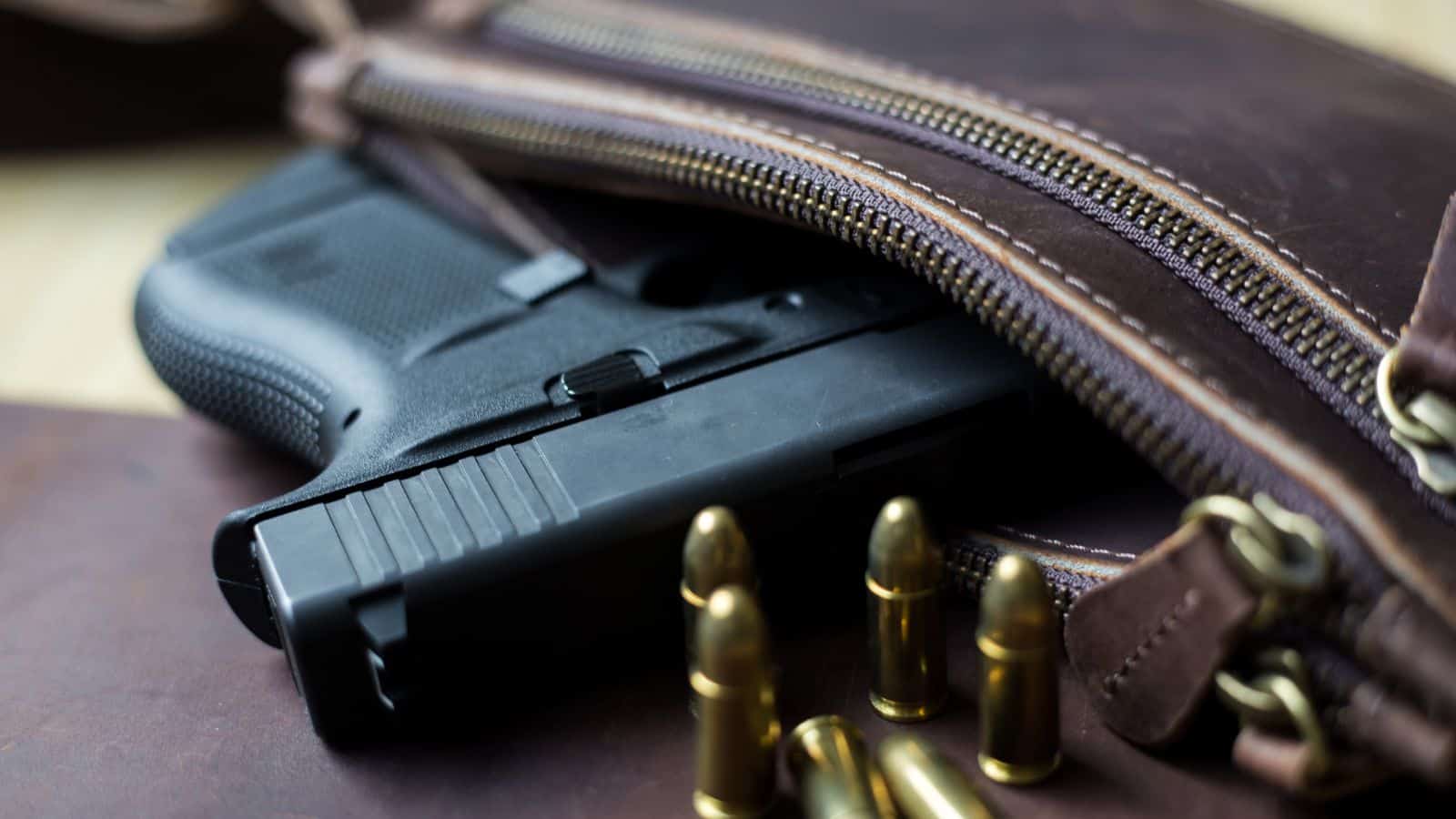
While some rare or historic guns may increase in value, most modern ones do not. The potential for significant financial gain is limited compared to other investments. This makes guns a poor choice for those looking for substantial long-term returns.
Influenced by Legislation
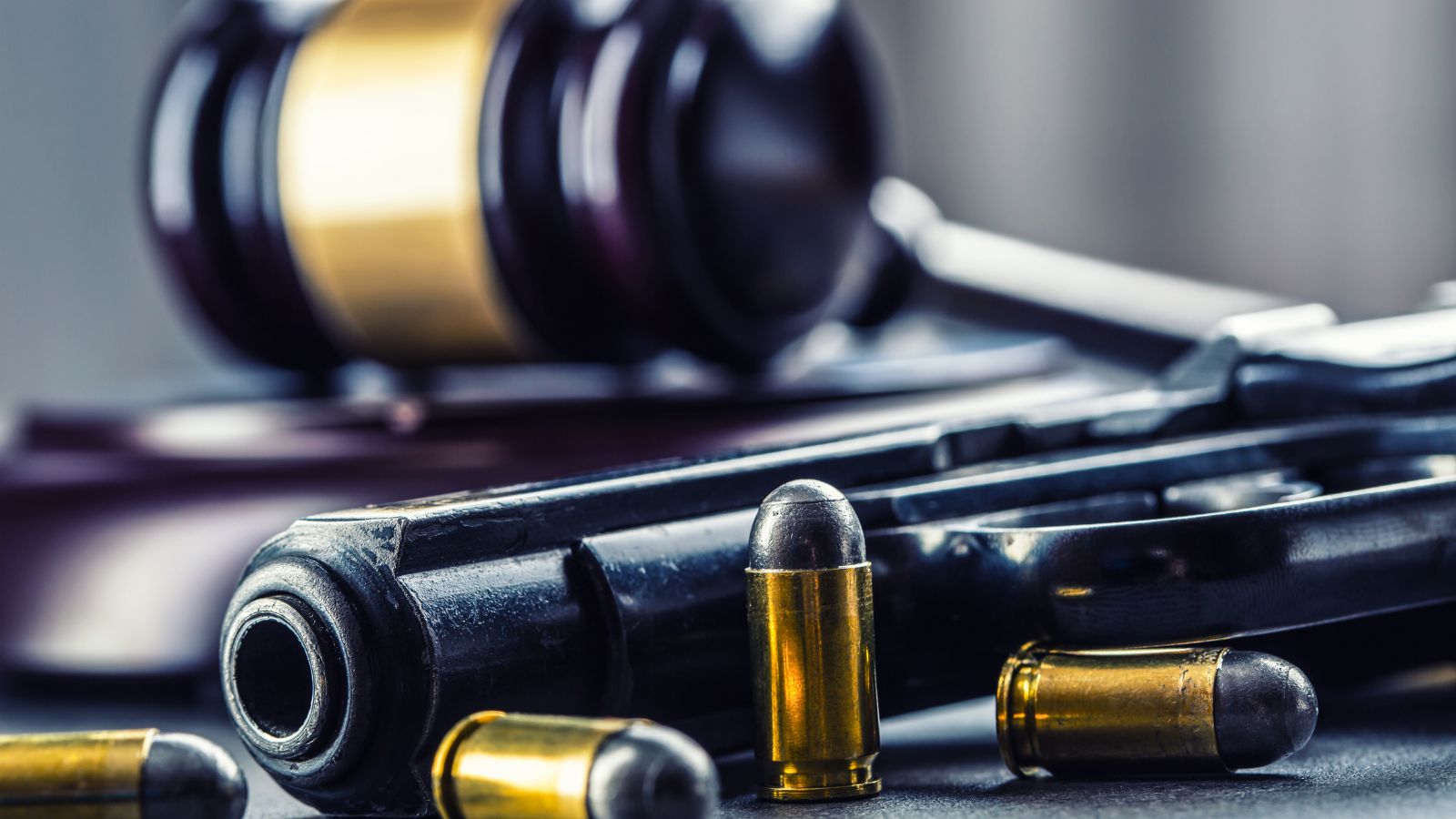
Gun ownership and value are heavily influenced by laws. Changes in gun laws can drastically affect the market, adding an unpredictable element to gun investments. What’s more, new regulations can lead to sudden drops in value or increased costs, adding additional risks.
Up Next: 17 Things Most People Forget After Someone Dies

When a person dies, it’s easy for their partner or family members to overlook things while they process shock and grief. Despite the pain of losing a loved family member, it’s important to remember to organize these 17 things to prevent problems later on.
17 Things Most People Forget After Someone Dies
17 Phrases Confident People Use to Stand Up For Themselves

Confidence is a healthy and attractive trait that helps us stand firm in our values and set healthy boundaries. We can always become more confident, and learning the right ways to stand up for yourself is a great way to start. Here are 17 phrases you can use to do so.
17 Phrases Confident People Use to Stand Up For Themselves
20 Signs Someone Is Only Pretending to Care

Whether it’s to avoid hurting your feelings or if it’s part of a more elaborate plan to deceive you for benefits, people pretend for many reasons. The main theme with them, though, is that their actions never match the sugar-coated words that come out of their mouths. So that you don’t fall for someone like this, we’ve compiled 20 signs for you to look out for.

